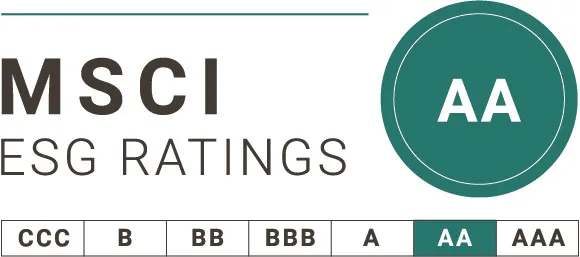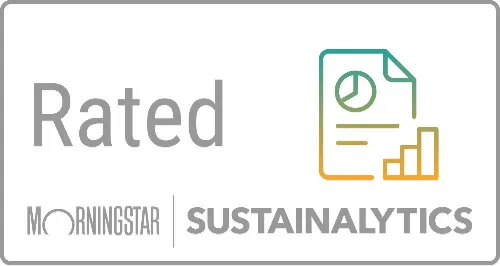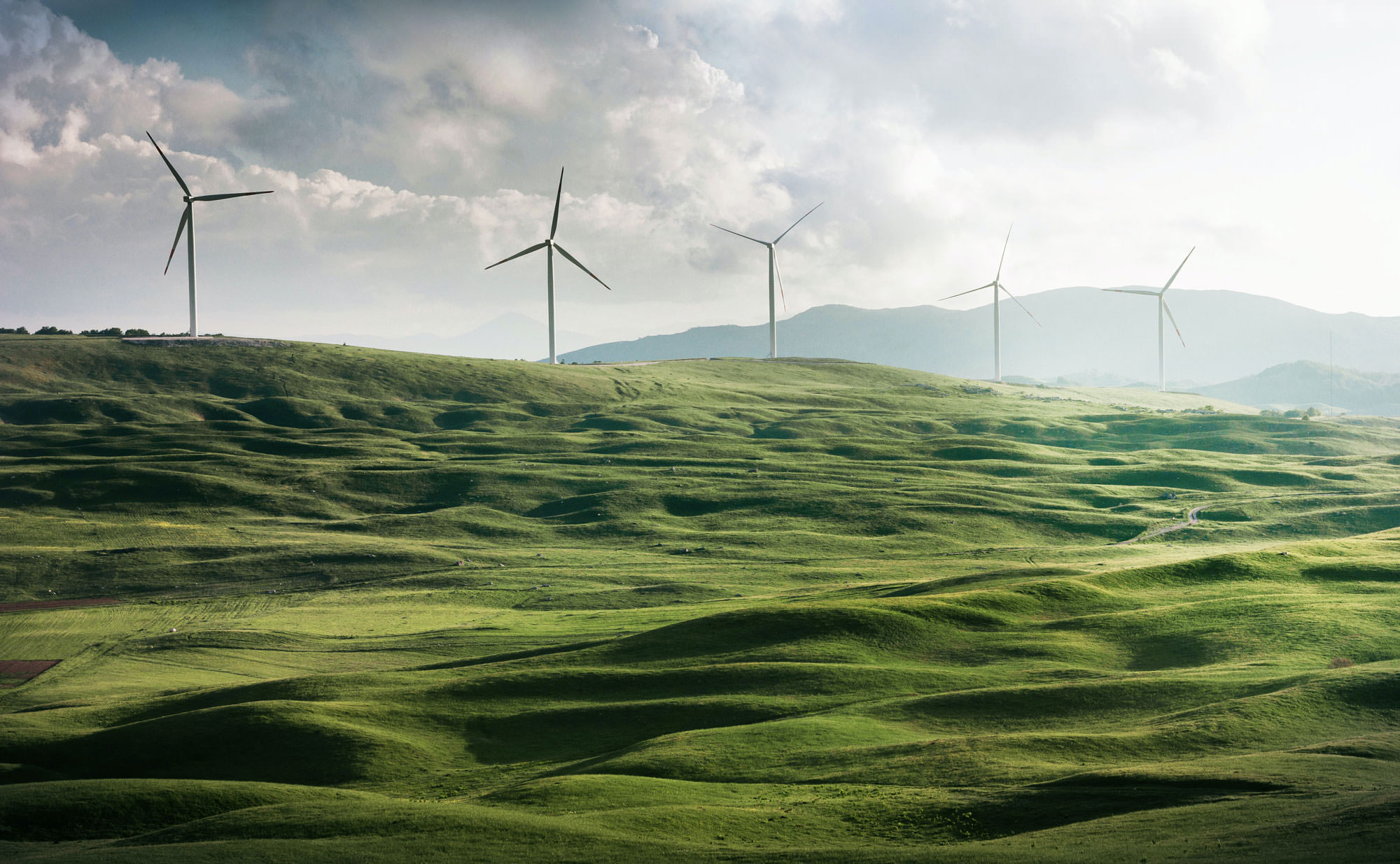Sustainability
Datwyler with EcoVadis Gold Award for Sustainability Performance
News | March 30, 2023
Datwyler has been awarded the gold standard for its sustainability performance by EcoVadis for the first time. Sustainalytics and MSCI also raised their sustainability ratings. This shows that Datwyler has made further progress and is fulfilling its social and environmental responsibilities with a clear sustainability strategy. The comprehensive GRI sustainability report 2022 is already available.
EcoVadis, a globally recognized rating agency, awarded Datwyler its first gold standard for its sustainability performance. This places Datwyler among the top 5% of more than 100’000 companies from 175 countries that have been analysed by EcoVadis. In the elastomer industry, the company even ranks among the top 2% of all companies evaluated. Within a year, Datwyler has further improved its overall score from 62 to 71 and is now rated as advanced in three out of four dimensions (“Environment”, “Labor and Human Rights”, and “Ethics”). In each of the last four years, Datwyler had already achieved the silver award in the EcoVadis assessment.
Higher sustainability ratings from Sustainalytics and MSCI
In their latest ratings, the international rating agencies Sustainalytics and MSCI also attest to Datwyler’s above-average sustainability performance. Sustainalytics gave Datwyler its highest rating of “Strong” for ESG risk management, while MSCI gave it its second-highest rating of “AA”. Thanks to its sound sustainability strategy and the measures it has implemented, Datwyler has improved further in all three ratings within a year. EcoVadis, Sustainalytics and MSCI are leading independent rating agencies that analyse and assess the sustainability performance of companies worldwide.
Sustainability report documents further progress
For the fifteenth time, Datwyler has published a sustainability report in accordance with the internationally recognized guidelines of the Global Reporting Initiative. This report presents the progress made in the twelve focus areas in accordance with the ESG concept of environment, social and governance.
To further advance the sustainability issue within the company, Datwyler has combined the various responsibilities in a new function in the Executive Management. In addition, sustainability criteria were taken into account for the first time in 2022 when calculating the variable salary component for all eligible employees.
Further reduction in relative resource consumption
In the 2022 reporting year, Datwyler worked, among other things, on implementing its climate strategy and on the basis for eco-design. A good example is research into replacing petrochemical materials with those made from renewable raw materials. In the year under review, a process for obtaining fillers from organic cellulose was patented. As part of its climate strategy, Datwyler commissioned its own photovoltaic systems at five additional sites.
So the share of electricity from renewable sources already amounts to 36.6%. Due to the newly integrated companies QSR and Xinhui, the absolute consumption of resources has increased. In relative terms, however, Datwyler has made further progress and, thanks to the measures implemented, has further reduced the relative consumption of heating fuels, electricity and water per unit of revenue. The amount of waste and CO2 emissions per unit of revenue also decreased further.
36.6%
electricity from renewable sources
Provided Download
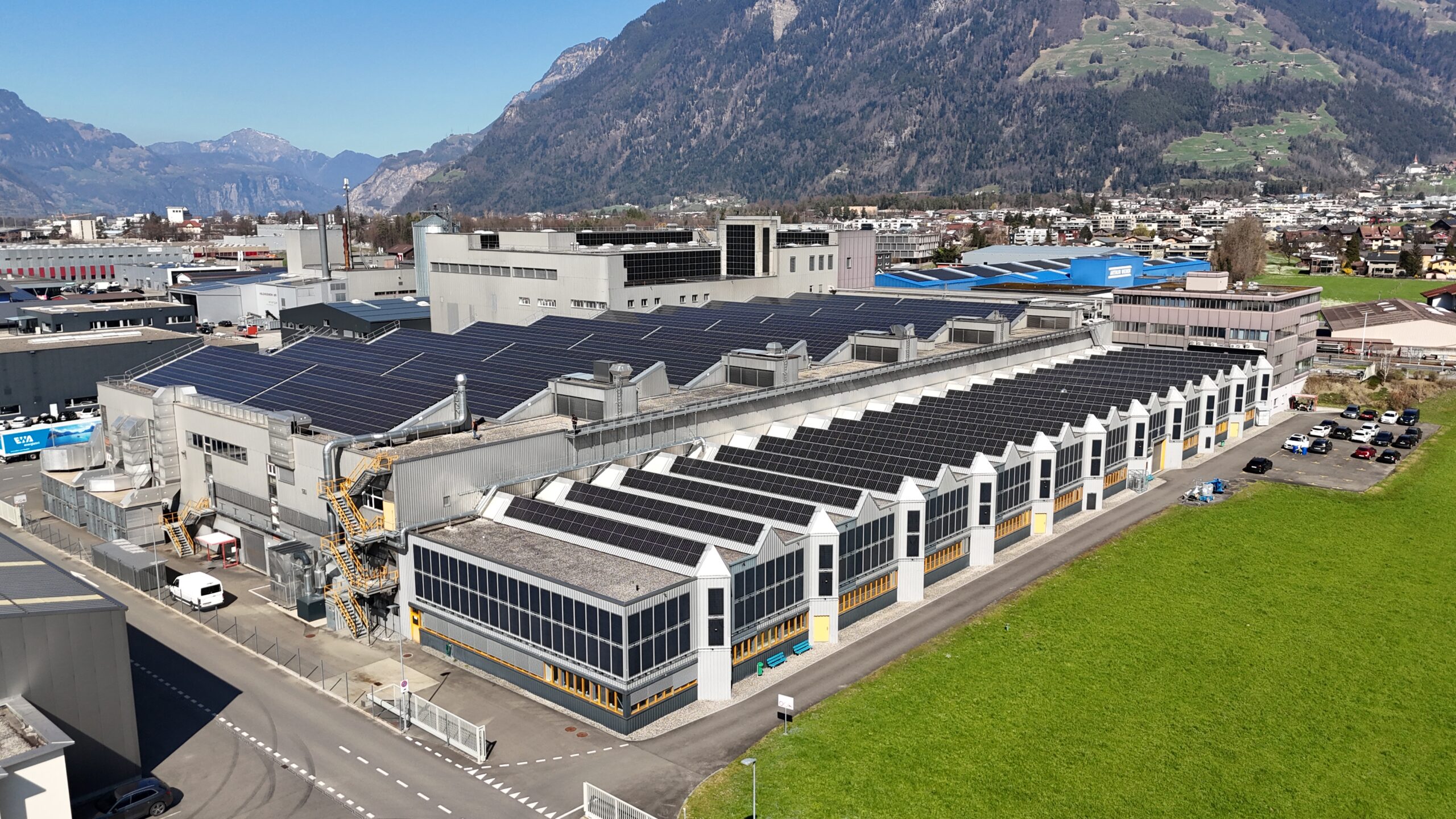
The Swiss plant in Schattdorf is one of six Datwyler sites with its own photovoltaic system.
pdf,
107.51 KB
jpg,
838.67 KB
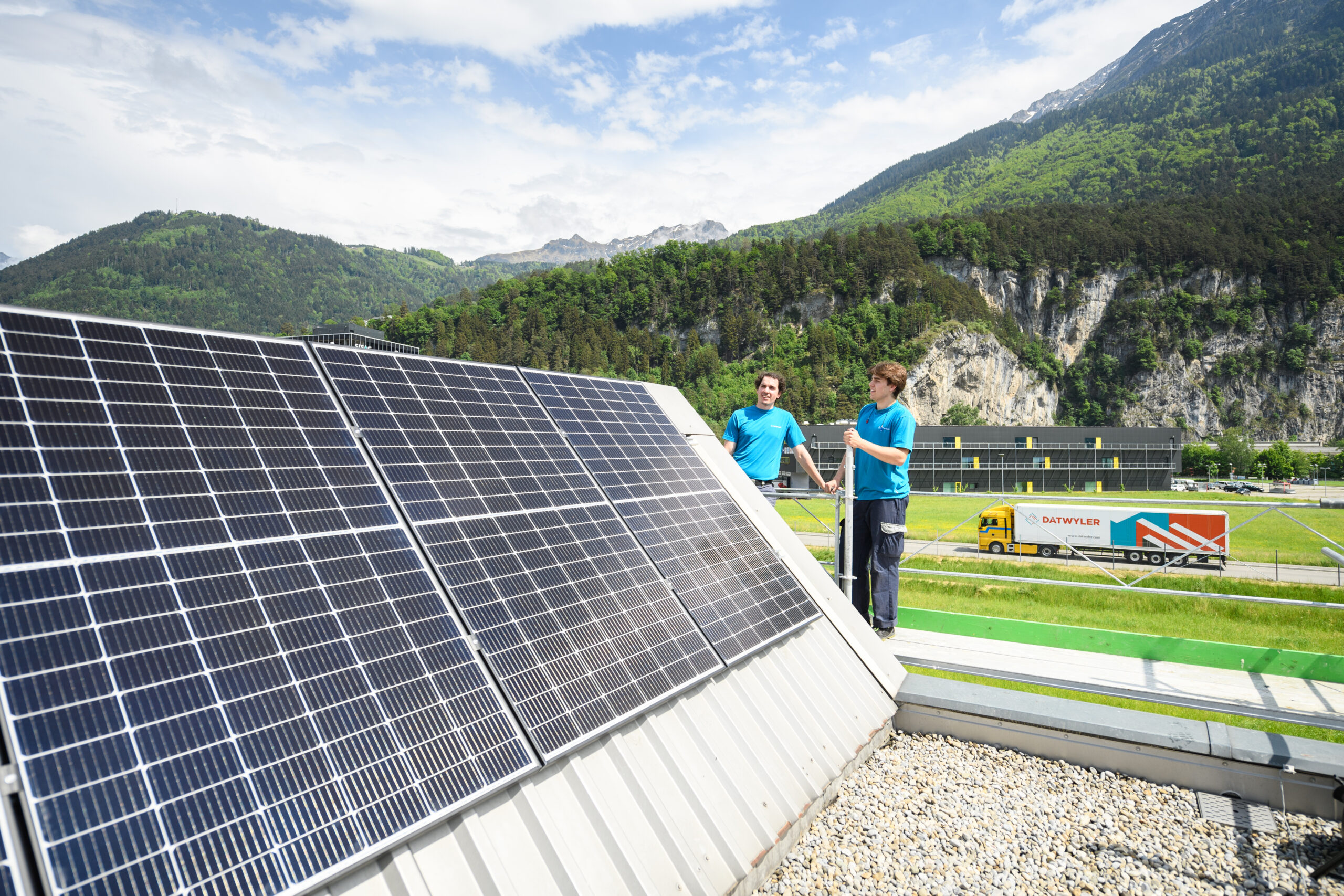
Datwyler already obtains 36.6% of its electricity needs worldwide from renewable sources.
pdf,
107.51 KB
jpg,
1.14 MB
Enquiries
Guido Unternährer
VP Financial Communication & Investor Relations
